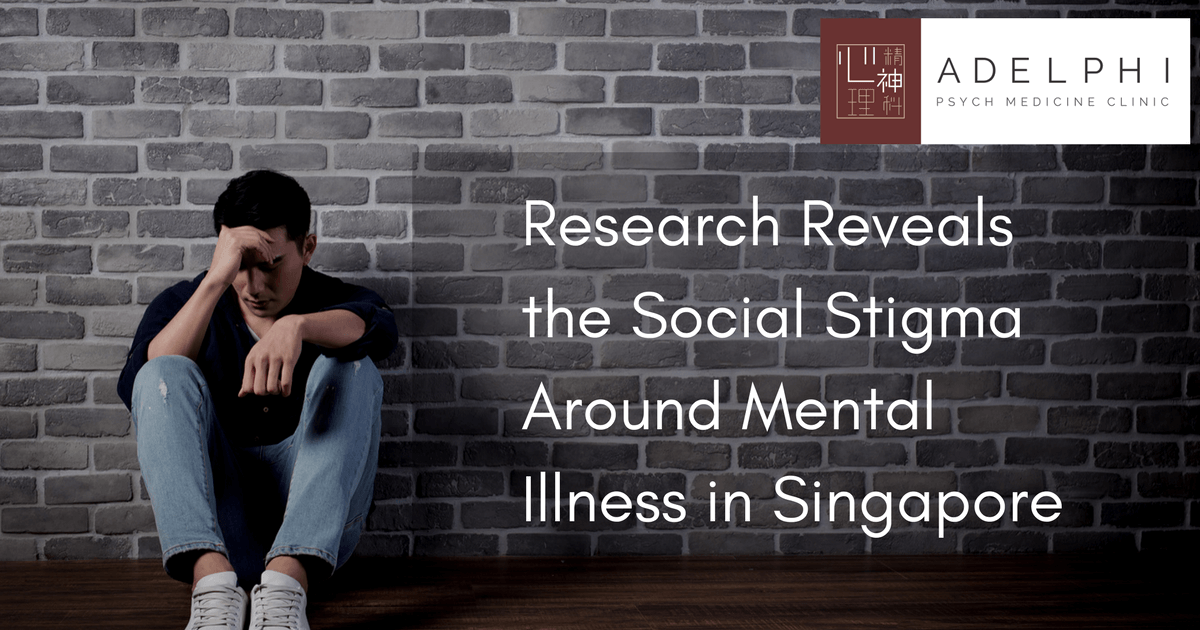A group of researchers from the Institute of Mental Health in Singapore decided to explore the current stigmatising beliefs about mental illness. These beliefs still exist throughout Singaporean society, and they often limit the availability of jobs and social connections for those with mental health conditions.
The Design of the Study
The study was a cross-sectional, community-based effort. Thanks to Singapore’s multiethnic culture, the researchers were able to draw information from people of different races and backgrounds. The study spanned 3,006 Singapore residents between the ages of 18 and 65. Each participant was living in Singapore at the time of the survey.
Different Views About Mental Illness
The researchers wanted to find out how many people in Singapore believe in a continuum of symptoms for specific mental illnesses. The continuum perspective is a more dimensional and inclusive approach to mental illness. For example, people with this view recognise that everyone feels depressed, anxious, panicky, or angry from time to time; so mental illness is just a different dimension of those feelings. A categorical approach to mental illness draws a firm line between normal and different, keeping those with disorders at arms’ length as people who might be dangerous or strange.
Essentially, the study was designed to gauge what percentage of people in Singapore have a continuum view of mental illness (more accepting and understanding) and what percentage still hold to a categorical approach (more fearful, exclusive, and stigmatising).
Belief in the Continuum of Symptoms
For depression, about 42% of the participants embraced a continuum view. For schizophrenia, only 26% believed in a continuum of symptoms; most people view schizophrenic patients with a significant amount of wariness and concern. Continuum beliefs for patients with alcohol dependence were low as well, at just 27%.
The results reveal that people are more likely to be understanding towards those with depression in Singapore than those with alcohol dependence or schizophrenia. Alcoholics and schizophrenics are likely to encounter significant levels of stereotyping, and people may want to keep them at a greater social distance.
The Importance of Information
The study also showed that people who know more about mental illness seem to be more gracious and more prone to the belief in a continuum of symptoms. As more information is made available to the population of Singapore, and as awareness spreads, the level of acceptance for mental illness should also increase.
Increasing Awareness in Your Sphere of Influence
If you have been diagnosed with a mental illness, you may occasional suffer rejection or misunderstanding from people in your life. Try to provide these individuals with more information about mental health in Singapore, and encourage them to find factual answers for any questions or concerns they may have. At Adelphi Psych Medicine Clinic, we not only provide therapy and treatment, but we also encourage awareness of mental health issues. Talk to one of our Singapore psychiatrists about some ways to encourage positivity, knowledge, and acceptance within your social circles.
News Feed from Adelphi Psych Medicine Clinic
Source: Survey research report, http://bmjopen.bmj.com/content/7/4/e014993.long, (n.d.)



